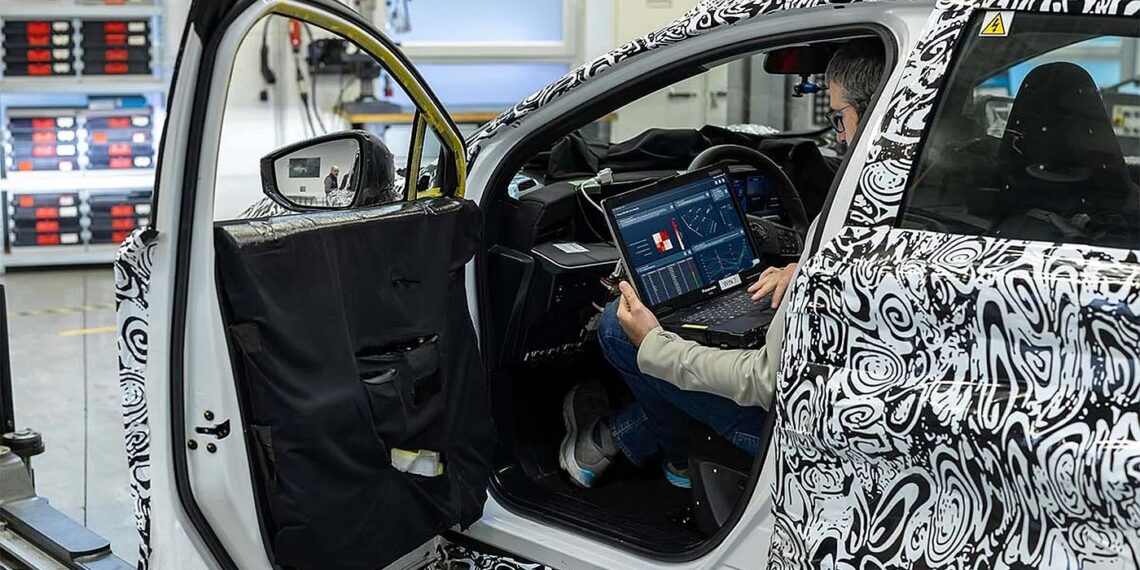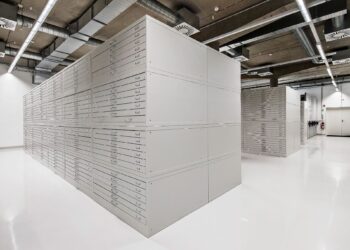Nissan is utilizing the most advanced resources of Artificial Intelligence (AI) to accelerate the development of new models, through a strategic partnership with the supplier Monolith. By reducing the number of physical prototype tests on the roads, the Japanese brand also aims to decrease the time required to launch its new creations.
This collaboration is aligned with Re:Nissan. Among the priorities outlined in the plan is the ambition to put new products in the hands of customers more quickly, which implies a significant reduction in design and development times, a mission that the manufacturer intends to accomplish with the support of partners that drive innovation and operational efficiency.
Initially used to validate tests for the new generation of the Leaf, an electric compact that is in the process of being launched, Monolith’s AI technology will be used across the entire future range of the Japanese brand for the European market, with engineers at the Cranfield Technical Center in the UK using artificial intelligence to predict the outcomes of physical tests with greater accuracy. This will reduce reliance on working with prototypes and streamline the entire development process, with teams working on these programs focusing more on practical problem-solving and decision-making.
The partnership that Nissan has with Monolith has been extended for two years, after contributing to a 17% reduction in the number of physical tests, compared to equivalent development plans carried out without the support of AI. According to Emma Deutsch from the European Technical Center, “by integrating this ‘software’, which takes into account decades of testing data, we are able to simulate and validate the performance of new models with remarkable accuracy. The machine learning models, trained with a combination of historical records and digital simulations, allow us to reduce the dependence on physical prototypes, significantly decreasing development times and the resources consumed by these programs”.










